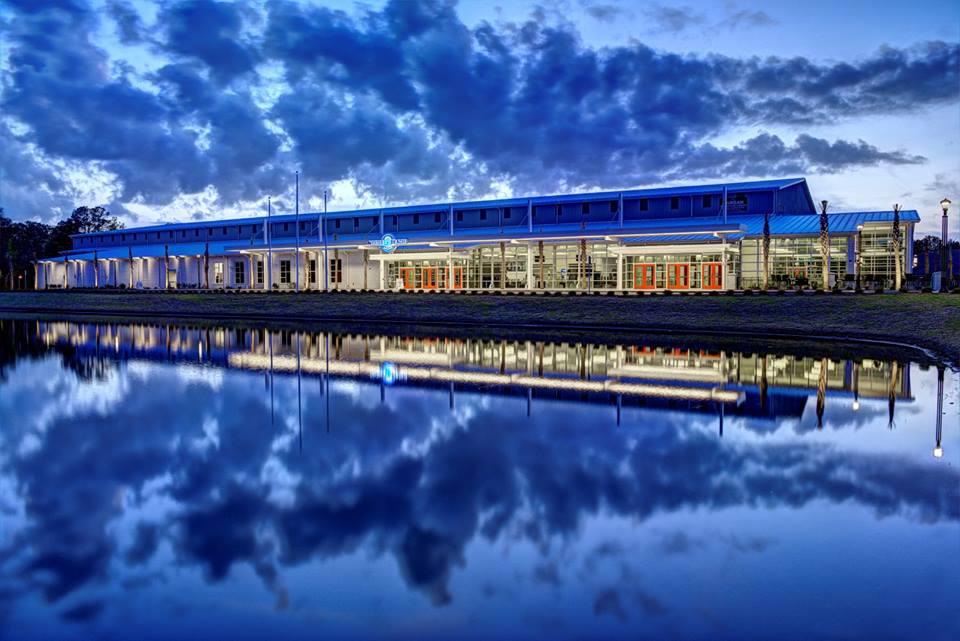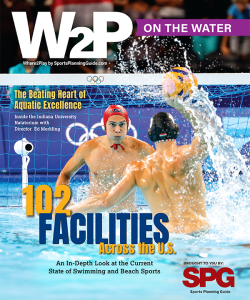(Clearwater, FL) June 20, 2016 – Investment in youth sports complexes seem to have no upper limits. The trend that began in 1997 with Disney’s Wide World of Sports now ESPN Wide World of Sports – has become a national movement – with economic development, lodging and hospitality, tourism, parks and recreation and others investing billions to fund new sport and recreation venues.
This is in part due to the continued growth in youth sports related travel. According to the April 2016 National Association of Sports Commissions industry report, the segment has grown by more than 20% in the past 3 years. This growth has garnered the attention of the travel industry starting with major tourism destinations like Myrtle Beach, South Carolina, and Sandusky, Ohio where Cedar Fair Entertainment has announced a new outdoor complex as well as plans for a new indoor multi sport and events center.
In a recent article “Rise of the Megacilities” by the Sports Planning Guide, fourteen of the nation’s largest sports tourism destinations are featured – along with their economic impact projections and hefty multi-million dollar price tags.
So how much is too much for a community to spend on their new sports facilities? While there is no universal right or wrong number, Evan Eleff – Executive Vice President and a Partner at The Sports Facilities Advisory – a firm that has completed the financial analysis on more than $6 Billion in sports complex concepts – says that proper spending really depends on 4 factors.
“The first is the client’s definition of success. If a community is seeking to fill hotel rooms by attracting overnight tournaments- like the $12.5-million Myrtle Beach Sports Center, the investments have huge returns to the tax payer base.”
The second is extensive market research including analysis of the competition in the region. Eleff says “the Southeastern U.S. is inching closer to saturation. New facilities will need to be highly differentiated with recreation options and cutting-edge technology to help tournament organizers put on great events.”
Eleff said the 3rd factor is the management team. “You can’t just build a great building and expect it to fill itself. The business of sports facility management has become sophisticated and customers’ expectations are high.” says Eleff, “Communities need to consider all of their options including outsourcing management to a qualified, experienced operator.”
According to Eleff, the final factor is the funding mechanism. “If the only source of funding is through a city’s General Obligation Funds the project scope will be limited. Models which utilize hotel bed tax revenues, public private partnerships, public-public partnerships, and/or the creation of special taxing districts have proven to be effective in helping communities with larger scale developments.”
According to the national association of sports commissions 2016 state of the industry report the youth sports related travel trend is not slowing. Prepared with tens of millions to invest, more and more communities will compete in the facility development and sports tourism destination race. But, “Bigger isn’t always better” Elaff cautions, “It’s about right-sizing the project for the specific community, opportunity, and market.”
For more information about the Sports Facilities Advisory and its suite of planning-funding-opening-management services, visit http://www.sportadvisory.com/








